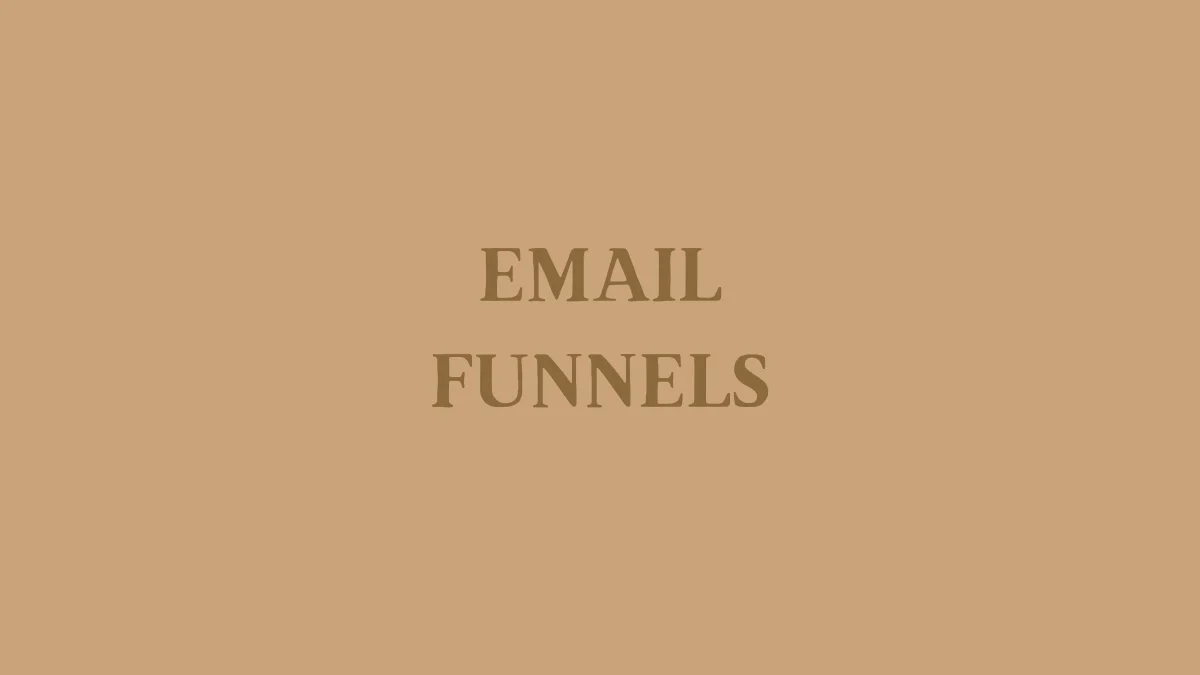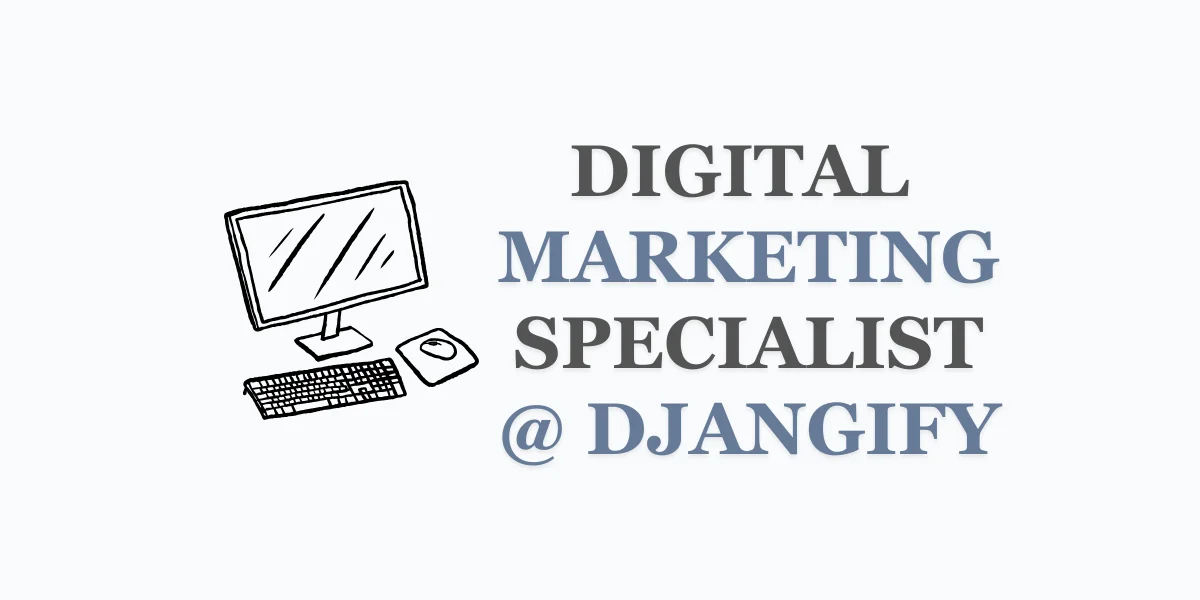Most small business owners know they “should” be using email, but it often feels like one more thing on a very long to-do list. You might have a list of customers from years ago, or a sign-up form that barely gets checked. The idea of building “funnels” sounds complicated but in reality, a good email funnel is just a clear, simple way to guide people from interest to purchase.
Done right, email funnels save you time, keep your business visible, and turn one-time visitors into steady, returning customers.
What Is an Email Funnel?
An email funnel is a sequence of automated messages designed to lead someone through a journey with your business. Each email has a purpose, and together they move people from first contact toward becoming loyal customers.
A simple funnel might look like this:
- Welcome email – thanks them for signing up and sets the tone.
- Value email – shares useful tips or insights so they start trusting you.
- Story email – shows who you are, why you do what you do, and how you help.
- Offer email – introduces your product or service in a clear, no-pressure way.
- Reminder email – follows up and makes it easy to take the next step.
The structure changes depending on the business, but the principle is the same: build trust, add value, and make the next step obvious.
Why Funnels Matter for Small Businesses
Without an email funnel, you are relying on people to find you again and again on their own — which rarely happens. A funnel ensures you stay present in their inbox, building a relationship over time.
The benefits are clear:
Consistency – every new subscriber experiences the same journey.
Automation – you write once, and it works in the background.
Trust building – regular, valuable emails show that you understand their needs.
Sales support – offers feel natural because they come after you’ve built trust.
For a small business with limited hours, a funnel is one of the most time-saving marketing systems you can have.
Common Types of Email Funnels
Welcome funnels – introduce your brand, your story, and your services.
Sales funnels – nurture leads and guide them toward a purchase.
Content funnels – share tips, articles, or videos to show expertise.
Re-engagement funnels – reconnect with customers who have gone quiet.
You do not need all of them. Even a single, simple welcome funnel can transform how new people see your business.
The Djangify Approach
At Djangify, I keep email funnels clear and sustainable. That means:
- Using all-in-one platforms (like Systeme.io) so your emails, landing pages, and checkout all connect.
- Writing plain-English sequences that feel helpful, not pushy.
- Keeping funnels short and achievable, so you can manage them without needing a marketing department.
For example, if you currently use an email delivery service just for sending newsletters, another for lead page sign-ups, and PayPal for payments, we can bring all of that into one funnel system inside Systeme.io. You’ll ditch the extra logins and end up with a connected journey that actually works.
Working with me means you get a funnel that reflects your business values and runs in the background while you focus on serving your customers.
Here's a bonus gift for you. Use AI to write your sequence in under 10 minutes.
Your Very Own Email Funnel Cheat Sheet
The 5-Email Funnel Structure
Using the sequence above, e.g. welcome email, value email, story email, offer email and reminder email. Use these copy and paste prompts in ChatGPT or Claude.ai to create your own email funnel.
Welcome Email
“Write a short welcome email for [your business type]. Use this: [paste brochure, product page, or notes]. Thank readers, set expectations, and deliver any freebie. Under 200 words, UK English.”
Value Email
“Write an email with one useful tip or insight from: [paste content]. Build trust, not sell. Clear, friendly, under 270 words.”
Story Email
“Write an email that tells the story of [your business/product/service] using this: [paste content]. Show the problem solved. End with a call-to-action.”
Offer Email
“Write an email introducing [your product/service] using: [paste details]. Keep it simple, under 250 words, with a clear offer.”
Reminder Email
“Write a reminder email for [your offer]. Emphasise urgency or limited availability. Use: [paste details]. Under 250 words, strong call-to-action.”
You are welcome!
Final Thought
Email funnels are not about complicated marketing tricks, they are about building trust and staying present. For a small business, even the simplest funnel can mean the difference between a one-off sale and a steady stream of customers.
When your email works as a system, your marketing feels lighter, more consistent, and far more effective.


